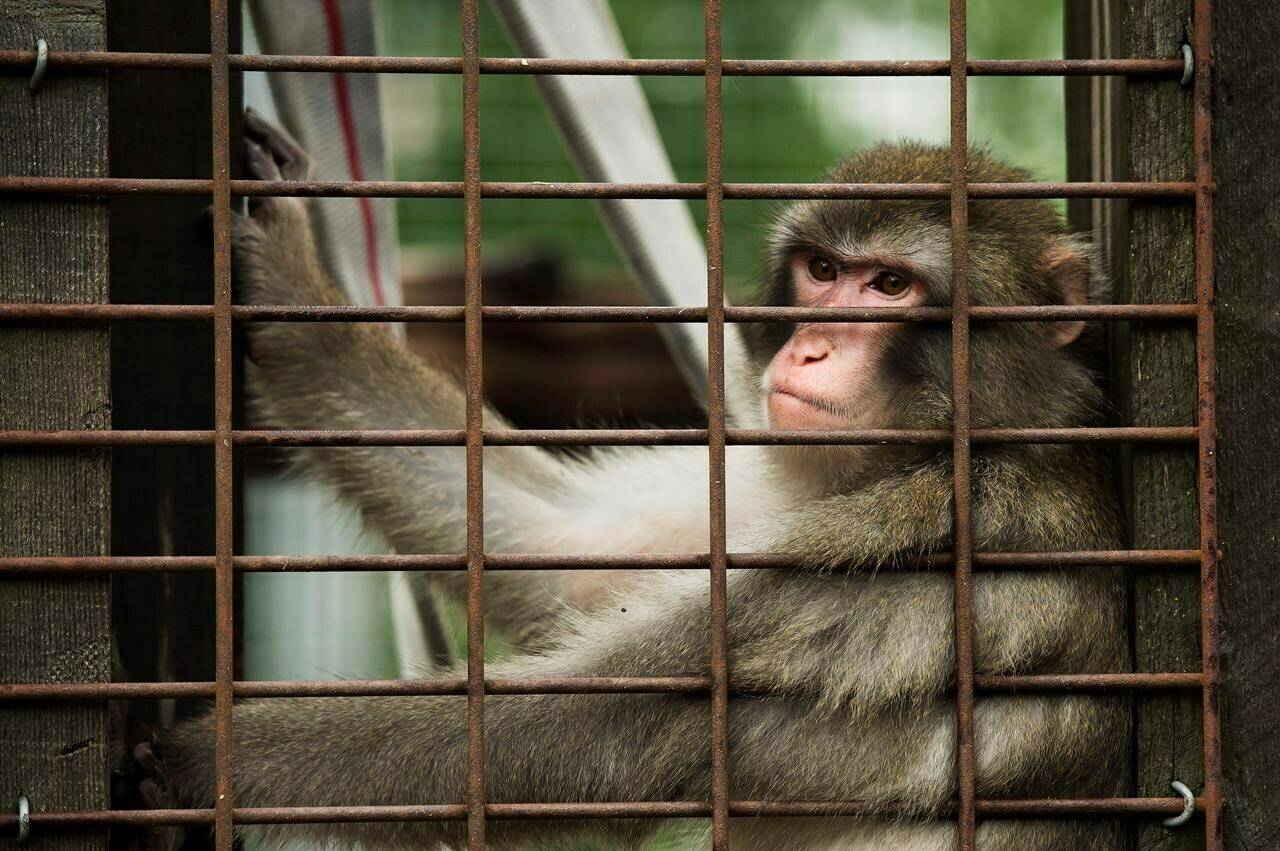For the last year, this column has been attempting to explicate an essay called, “Mountains and Rivers Sutra” written in 13th century Japan by a Zen master named Eihei Dogen. In this essay, Dogen offers an expanded view of what it means to be alive. He says, “You don’t understand that mountains are like flowing water because you are drowning in small views and narrow understanding.” He is talking about us. He is saying that when we have that sinking feeling that we are drowning it is because we are hemmed in by the limited way in which we view our lives.
He goes on, “Yet, no matter how we feel about our lives, mountains will always manifest their own life force.” In other words, even though we are stuck in our small views and limited understanding, the mountains are fine. Unlike us, they aren’t yelling and saying, “Hey wait a minute. That’s not right. We are flowing. What’s the matter with you? You are not giving us credit.” We humans insist that others see us the way we want them to see us. But mountains are not like that. They don’t care how others see them. They just continue to manifest their form and life force.
Of course, this is also true of us. Even as we protest and complain, we too are manifesting our life force. No matter how much we complain about our health, the cost of food or the inconsiderate actions of others, the miracle of living goes on regardless of what we think about it. Awareness of this simple truth is the secret to how we can bear our own and our friends’ suffering. Even if we don’t understand why we suffer, we can know that life goes on no matter what, doing what it needs to do. We can rest in the certainty that life is always life, and it always goes forward without concern about how we want our own situation to be.
Dogen continues, “There is walking, there is flowing and there is a moment when a mountain gives birth to a mountain child.” This is beautiful! What is he talking about? He is reminding us that even though life continues to vacillate between joy and sorrow, every now and then something happens and we have a moment of transformation, a moment, if you will, of enlightenment. Diligent effort in Zen practice will transform our lives, so that every now and then we will have a moment when we experience total awakening. Even though transformation is constant when we practice, even though life itself is change, sometimes a surprising birth occurs and “a mountain gives birth to a mountain child.”
Suggested practice: On those days when you feel overwhelmed by life’s difficulties, let go of worrying about your problems and remember that when we are immersed in our own suffering, we have taken a narrow view with limited understanding. Our lives are bigger than our problems.
Kuya Minogue is the resident teacher at Sakura-ji, Creston’s zendo. This column is part of a long essay on an essay by 13th century Zen master Eihei Dogen and is inspired by the teaching of Norman Fischer. For more information, Minogue can be reached at 250-428-6500, and previous columns are available at www.zenwords.net.
